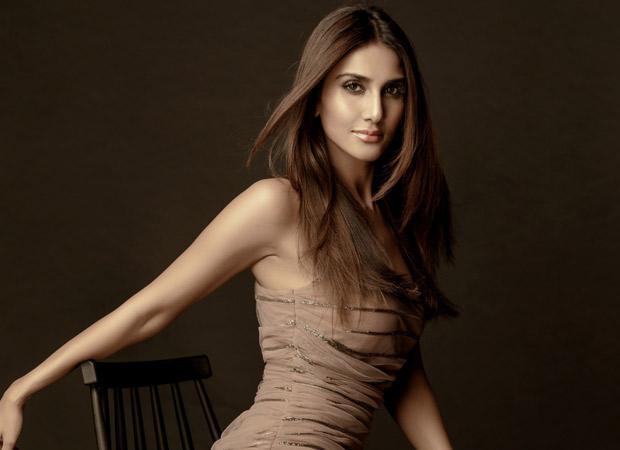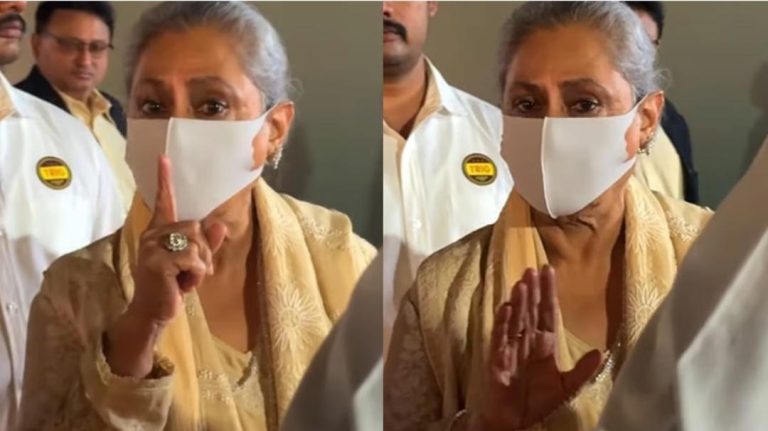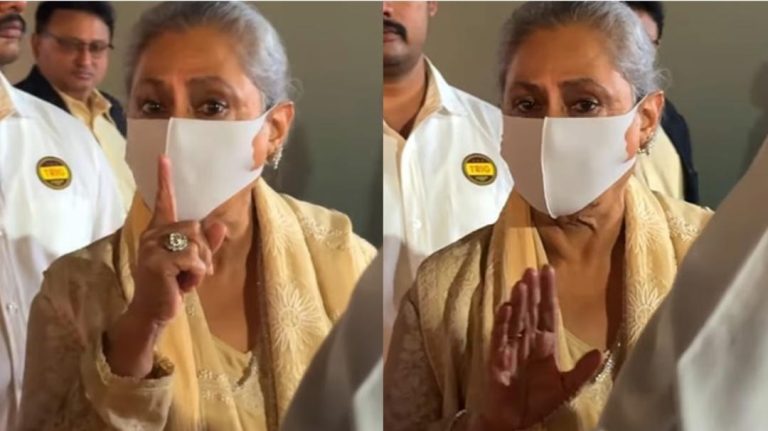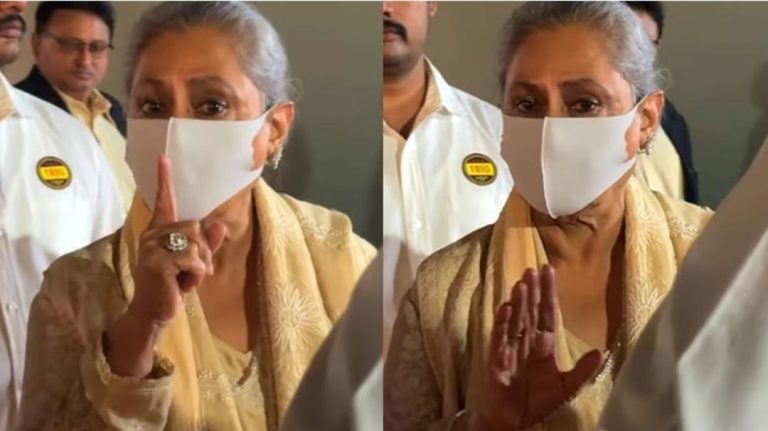
Don’t get volatile behaviour: Vaani on censorship & cancel culture
The entertainment industry has always been a reflection of the society it serves. It’s a platform where artists express themselves, their thoughts, and emotions through their work. However, with the rise of social media and the internet, the way we consume and interact with art has changed significantly. The concept of censorship and cancel culture has become increasingly relevant, with many artists facing backlash for their opinions or actions.
Recently, the actress Vaani Kapoor spoke about the impact of censorship and cancel culture on artists, citing the example of the ban on her film ‘Abir Gulaal’ release in India. In an interview, she expressed her concerns about the restrictions these phenomena impose on artists’ freedom to explore new ideas. According to her, “This cancel culture, say one thing wrong, there are calls for cancel and boycott. I don’t get that volatile behaviour.”
The rise of cancel culture
Cancel culture, in essence, is the practice of boycotting or ostracizing individuals, often public figures, who have said or done something deemed offensive or inappropriate. This phenomenon has gained significant traction in recent years, with many celebrities facing online backlash for their opinions or actions. While the intention behind cancel culture may be to hold individuals accountable for their mistakes, it often leads to unintended consequences, such as the stifling of creative expression.
The impact of cancel culture on artists can be devastating. It can lead to self-censorship, where individuals are afraid to express their opinions or take risks in their work, fearing the backlash. This can result in a lack of originality and creativity, as artists become more cautious in their approach to avoid controversy.
The limitations of censorship
Censorship, on the other hand, is the practice of suppressing or prohibiting certain content, often deemed offensive or inappropriate. While censorship may be necessary in some cases, such as protecting children from explicit content, it can also have negative consequences. It can lead to the stifling of artistic expression, as artists are forced to conform to certain standards or guidelines.
Vaani Kapoor’s comments on censorship suggest that she is not in favor of it, as it sets boundaries for artists. This is a valid concern, as censorship can limit the scope of artistic expression and creativity. Artists need the freedom to explore new ideas and push boundaries, even if that means taking risks and facing criticism.
The importance of freedom of expression
The right to freedom of expression is a fundamental human right, enshrined in the Universal Declaration of Human Rights. It is essential for the development of art, literature, and culture, as it allows individuals to express themselves and share their ideas with others.
However, this right is not without limitations. While artists should be free to express themselves, they must also be mindful of the impact their work may have on others. This is where responsibility comes in, and artists must be accountable for their actions and the consequences that follow.
Conclusion
Vaani Kapoor’s comments on censorship and cancel culture highlight the importance of balancing artistic freedom with social responsibility. While artists need the freedom to explore new ideas and express themselves, they must also be mindful of the impact their work may have on others.
The rise of cancel culture and censorship can have negative consequences for artistic expression, leading to self-censorship and a lack of originality. It is essential for artists, audiences, and society as a whole to promote a culture of responsible freedom of expression, where individuals are encouraged to take risks and push boundaries, while also being mindful of the impact their actions may have.
Ultimately, the key is to find a balance between artistic freedom and social responsibility. By promoting a culture of responsible freedom of expression, we can ensure that art continues to thrive and evolve, while also respecting the rights and dignity of all individuals.



